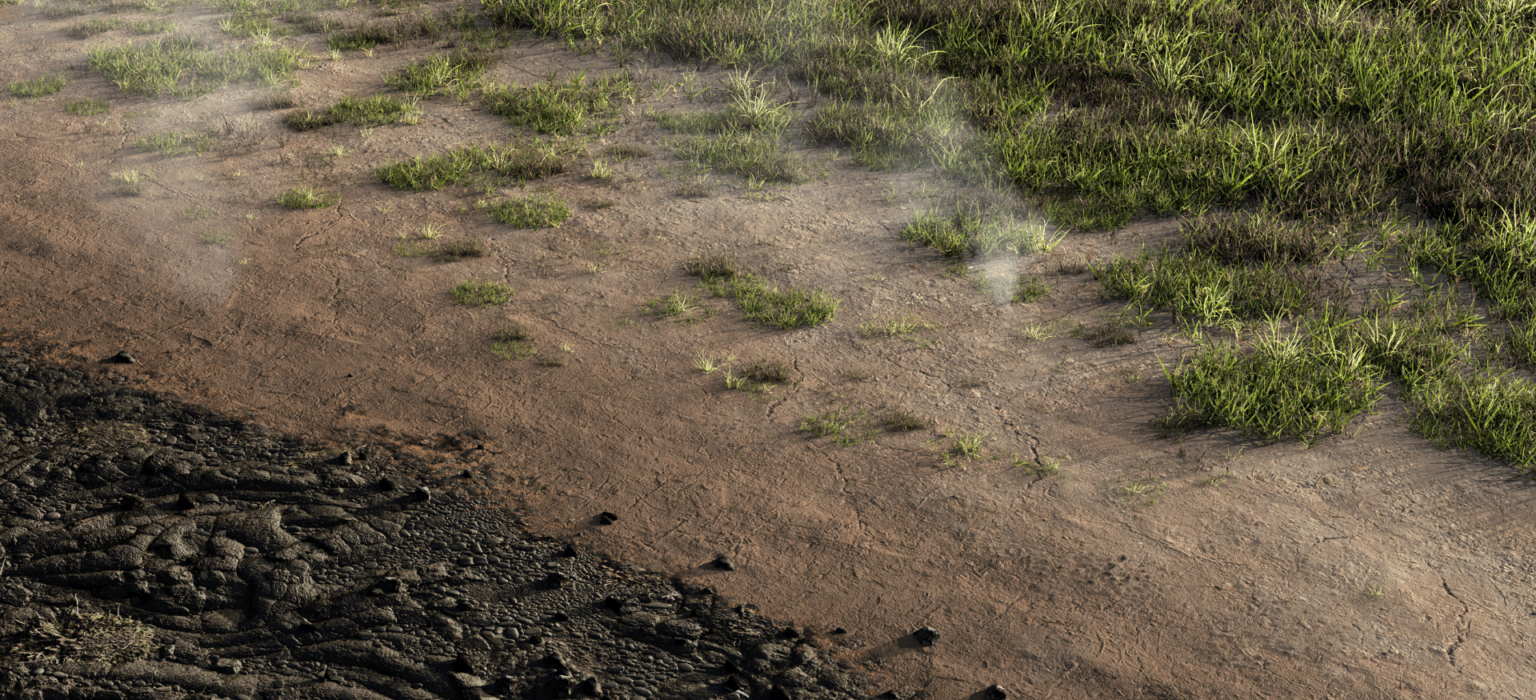The impact of geographic atrophy
Geographic atrophy is the advanced stage of dry age-related macular degeneration (AMD) and is characterised by progressive and irreversible loss of the photoreceptors, retinal pigment epithelium (RPE) and the underlying choriocapillaris.3
With no approved treatments available, it is a significant unmet medical need in ophthalmology.4
Geographic atrophy (GA) and advanced dry AMD
are both terms used to describe the advanced form of dry age-related macular degeneration (AMD), which is a leading cause of blindness worldwide.3,5
Over 5 million people worldwide are affected by geographic atrophy, with prevalence increasing with age.6 Geographic atrophy has a significant and negative impact on vision and quality of life.7


Complement overactivation
has been detected systemically in age-related macular degeneration (AMD) and locally in patients with geographic atrophy.8
Are you looking for supportive patient materials?
dryAMD.eu is a website dedicated to providing information and support
to those affected by geographic atrophy or advanced dry age-related macular degeneration (AMD), as well as those who care for them.
The website has been created with patients living with blindness to ensure that it truly meets the needs of people with age-related macular degeneration.

INFOGRAPHICS
VIDEOS
PODCASTS
RESOURCES
About Apellis
We are a global biopharmaceutical company leveraging courageous science, creativity and compassion to deliver life-changing medicines. As leaders in the research of targeted C3 therapies, we aim to develop new therapies for a broad range of debilitating diseases that are driven by uncontrolled or excessive activation of the complement cascade, including those within haematology, nephrology, neurology and ophthalmology.
References
- Sivaprasad, S. et al. Living with Geographic Atrophy: An Ethnographic Study. Ophthalmology and Therapy, 8(1), 115–124. https://doi.org/10.1007/s40123-019-0160-3.
- Patel, P. et al. (2020). Burden of Illness in Geographic Atrophy: A Study of Vision-Related Quality of Life and Health Care Resource Use. Clinical Ophthalmology (Auckland, N.Z.), [online] 14, pp.15–28. doi:10.2147/OPTH.S226425.
- Fleckenstein, M. et al. (2018). The Progression of Geographic Atrophy Secondary to Age-Related Macular Degeneration. Ophthalmology, 125(3), 369–390. https://doi.org/10.1016/j.ophtha.2017.08.038.
- RIQUET, D. (n.d.). Parliamentary question | Geographic atrophy as an unmet medical need in the field of ophthalmology | P-000876/2022 | European Parliament. [online] www.europarl.europa.eu. Available at: https://www.europarl.europa.eu/doceo/document/P-9-2022-000876_EN.html. Accessed July 20, 2022.
- Gehrs, K.M.(2006). Age-related macular degeneration—emerging pathogenetic and therapeutic concepts. Annals of medicine, [online] 38(7), pp.450–471. doi:10.1080/07853890600946724.
- Wong, W.L. et al. (2014). Global prevalence of age-related macular degeneration and disease burden projection for 2020 and 2040: a systematic review and meta-analysis. The Lancet Global Health, 2(2), pp.e106–e116. doi:10.1016/s2214-109x(13)70145-1.
- Patel, P.J. et al. (2020). Burden of Illness in Geographic Atrophy: A Study of Vision-Related Quality of Life and Health Care Resource Use. Clinical Ophthalmology (Auckland, N.Z.), [online] 14, pp.15–28. doi:10.2147/OPTH.S226425.
- Scholl, H.P. et al. (2008). Systemic complement activation in age-related macular degeneration. PloS One, [online] 3(7), p.e2593. doi:10.1371/journal.pone.0002593.


